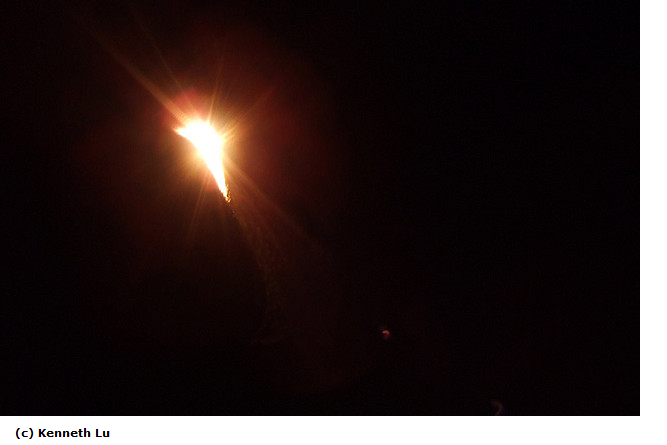An African Methodist Episcopal church in Charleston, South Carolina
Synagogues in Pittsburgh, Pennsylvania and Poway, California
Two mosques in Christchurch, New Zealand
A Walmart patronized by Latino immigrants in El Paso, Texas
And a supermarket in a black neighborhood of Buffalo, New York
What do these diverse sites share in common?
They’ve all been the targets of homicidal gunmen espousing a white supremacist ideology known as “The Great Replacement.” That loathsome conspiracy holds that liberal elites—usually identified as Jews and their allies—are systematically plotting to destroy white Christian nations by “replacing” the dominant population with non-white immigrants, Muslims, and other people of color. This xenophobic, racist, and antisemitic poison permeates the manifestos that the killers commonly cite as motivation for their murderous crimes.
So how should people of conscience respond to this deadly and despicable creed? That’s a difficult question that I suspect we’ll be wrestling with for quite some time to come. Tonight, I’d like to offer just two brief suggestions.
First, we should hold politicians and the media responsible for the consequences of their public pronouncements—for let there be no doubt, words can and do kill. As Proverbs 18:21 teaches: “Death and life are in the power of the tongue.” History confirms this truth. For four centuries the language of colonialist ideology fueled the genocide of indigenous peoples and the mass enslavement of black Africans. And less than a hundred years ago, the words of demagogues like Hitler, Stalin, and Mao led directly to the deaths of tens of millions. Today, the language of white supremacy is indisputably fueling murder—and one need not be a liberal to recognize that the lethal rhetoric is not limited to Klansmen and neo-Nazis. To quote Wyoming Republican Liz Cheney, “GOP leadership has enabled white nationalism, white supremacy, and antisemitism. History has taught us that what begins with words ends in far worse.”
It is long past time to call to account mainstream purveyors of The Great Replacement theory such as Tucker Carlson and Fox News, Donald Trump, Elise Stefanik, JD Vance, and far too many Idaho leaders and legislators including, but alas not limited to, Janice McGeachin, Priscilla Giddings, Heather Scott, and the Idaho Freedom Foundation.
And second, let us learn to set aside any and all of our own petty grievances with one another and the rest of our potential allies in defense of simple decency. Now is the time to unite, to be upstanders, to strengthen and support each other. For while the racists’ bizarre ravings are wrong about almost everything, the one grain of truth they contain is that we who are committed to equity and inclusion are, indeed, inextricably bound together. Our fates are, for better or worse, intricately interwoven in a web of common cause—not, as the haters would have it, as co-conspirators nefariously plotting to replace white Americans but rather as co-workers in the sacred labor of securing liberty and justice for all.
As Hillel taught: If we are not for ourselves, who will be for us? If we are only for ourselves, what are we? And if not now, when?

